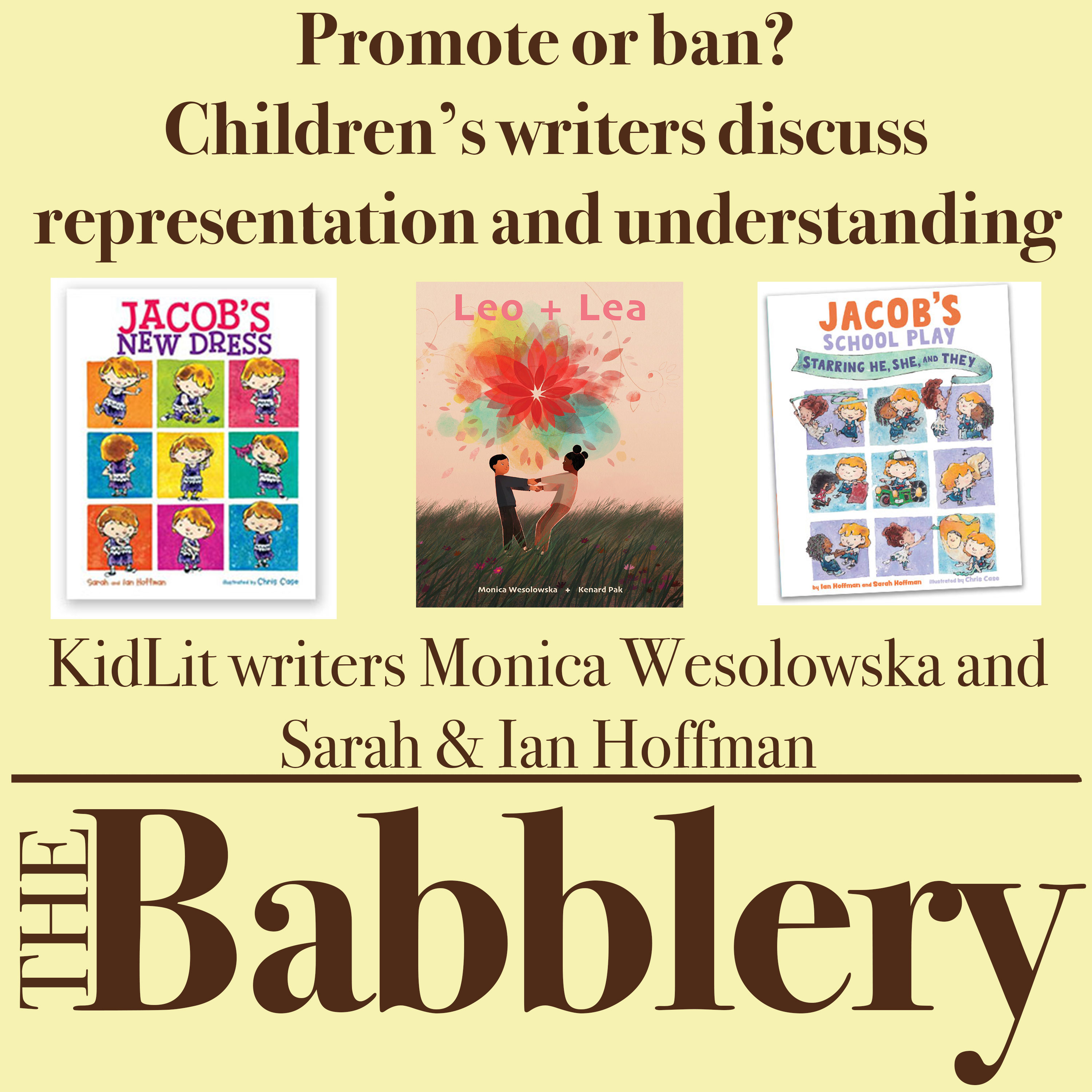
As a lover and writer of children’s books, I think that books for kids are now and has always been about representation. Kids naturally see themselves in stories, and they naturally learn from stories. That’s why the early stories for children were didactic (and often awful!)—they were seen as a teaching tool. But even when they were meant mostly for entertainment, children learned from them.
I know that I learned from Alice in Wonderland, for example. Written to entertain the real Alice by an educated and creative author, the book encouraged me to give everyday objects and creatures a second look, and to explore the world with more curiosity and wonder. I really had nothing in common with Alice, but I saw myself in her struggles to make meaning out of an apparently meaningless world.
These days, however, representation in children’s literature has become a political hot topic. Adults of a variety of political persuasions believe that children shouldn’t read about ideas they disapprove of. They rightly know that children learn from the books they read but they are wrong to think that banning books will result in the ideas just disappearing from their kids’ lives.
Children who read fiction, not surprisingly, are more empathetic—both to others and to themselves. In this conversation, we talk about how kids need to see people like them represented… and they also need to see people very unlike themselves. Books don’t change who kids are, but they do allow children a wider view of who people are. And some adults clearly find this a scary proposition. Listen in to this fascinating conversation with authors Monica Wesolowska and Sarah & Ian Hoffman.
For more information:
- View Jacob’s New Dress
- View Leo + Lea
- Sarah and Ian Hoffman’s website
- Monica Wesolowska’s website
- “U.S. School District Bans Book About Boy Who Wears Dresses“
- “Multicultural Literacy: Mirrors, Windows, and Sliding Glass Doors“
- “Students lose access to books amid ‘state-sponsored purging of ideas’“
- “How Books Get Removed from Classrooms and Libraries” from Reading the Room Podcast

